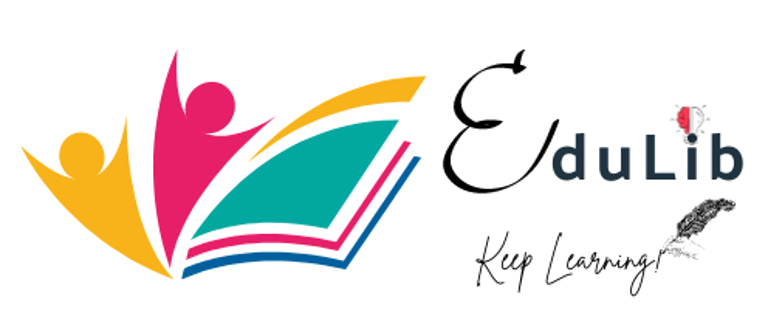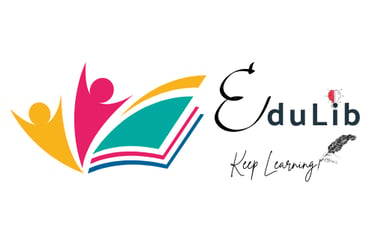
How the Assessor Has Evaluated His/Her Four Assessments and The Learning Points They Have Identified
Explore how the assessor evaluates four assessments and the invaluable learning points they have identified in this insightful blog. Gain insights into effective evaluation practices.
Strength
The strength of providing clear and instant feedback is that it allows learners to understand their performance immediately, enabling them to make necessary improvements promptly. This timely feedback promotes a sense of progress and motivates learners to actively engage in the learning process. Additionally, offering guidance and support through email conversations provides learners with personalised assistance, addressing their specific needs and ensuring they receive the necessary help to succeed.
Recording the professional discussion process demonstrates a commitment to maintaining confidentiality and adhering to GDPR regulations. By documenting these discussions, both the assessor and learner have a record of the assessment process, allowing for transparency and accountability. This practice also facilitates effective communication between the assessor and learner, as any points discussed can be referred back to in the future, ensuring consistency and clarity.
Using open-ended questions in assessments is an effective way to gauge learners' understanding of work procedures. Open-ended questions encourage critical thinking, problem-solving, and reflection. They allow learners to provide detailed responses, showcasing their depth of knowledge and understanding. This approach promotes a more comprehensive assessment of learners' capabilities and helps identify areas where further support may be required.
The use of all four assessment methods demonstrates a well-rounded and comprehensive evaluation process. By utilizing a variety of assessment methods, such as written assignments, practical demonstrations, observations, and professional discussions, assessors can gather evidence from different perspectives. This comprehensive approach provides a more holistic view of the learner's performance, allowing for a fair and accurate assessment of their skills and knowledge.
Weakness
While the assessment process described has several strengths, there are areas for improvement. One weakness is the lack of audio recordings to validate and authenticate certain criteria. Incorporating audio evidence can provide additional clarity and assurance in assessing specific skills or tasks that may require audio-based evaluation. Including audio recordings can enhance the authenticity and reliability of the assessment process.
Undertaking onsite or work environment assessments would be beneficial to gain a more realistic and practical understanding of learners' abilities. Assessing learners in their actual work environments allows assessors to observe their skills and knowledge in real-world contexts, ensuring that they can effectively apply what they have learned. This approach provides a more accurate reflection of learners' competence and readiness for professional practice.
Providing support materials and files that demonstrate how pieces of evidence overlap across different NVQ (National Vocational Qualification) units can enhance learners' understanding and showcase the interconnectedness of their learning. By illustrating how evidence from one unit can be relevant and applicable to other units, learners can see the broader context and connections within their NVQ program. This approach encourages a more integrated and holistic understanding of their learning journey.
Recognizing how multiple pieces of evidence can fulfil criteria in various NVQ units highlights the transferability and versatility of learners' skills and knowledge. Assessors should explicitly identify and communicate these connections to learners, helping them see the value and significance of their achievements across different units. This approach fosters a deeper appreciation of their progress and promotes a more cohesive learning experience.
By acknowledging these weaknesses and implementing the suggested improvements, the assessment process can be further enhanced to ensure a more comprehensive, valid, and reliable evaluation of learners' performance in the NVQ program.


